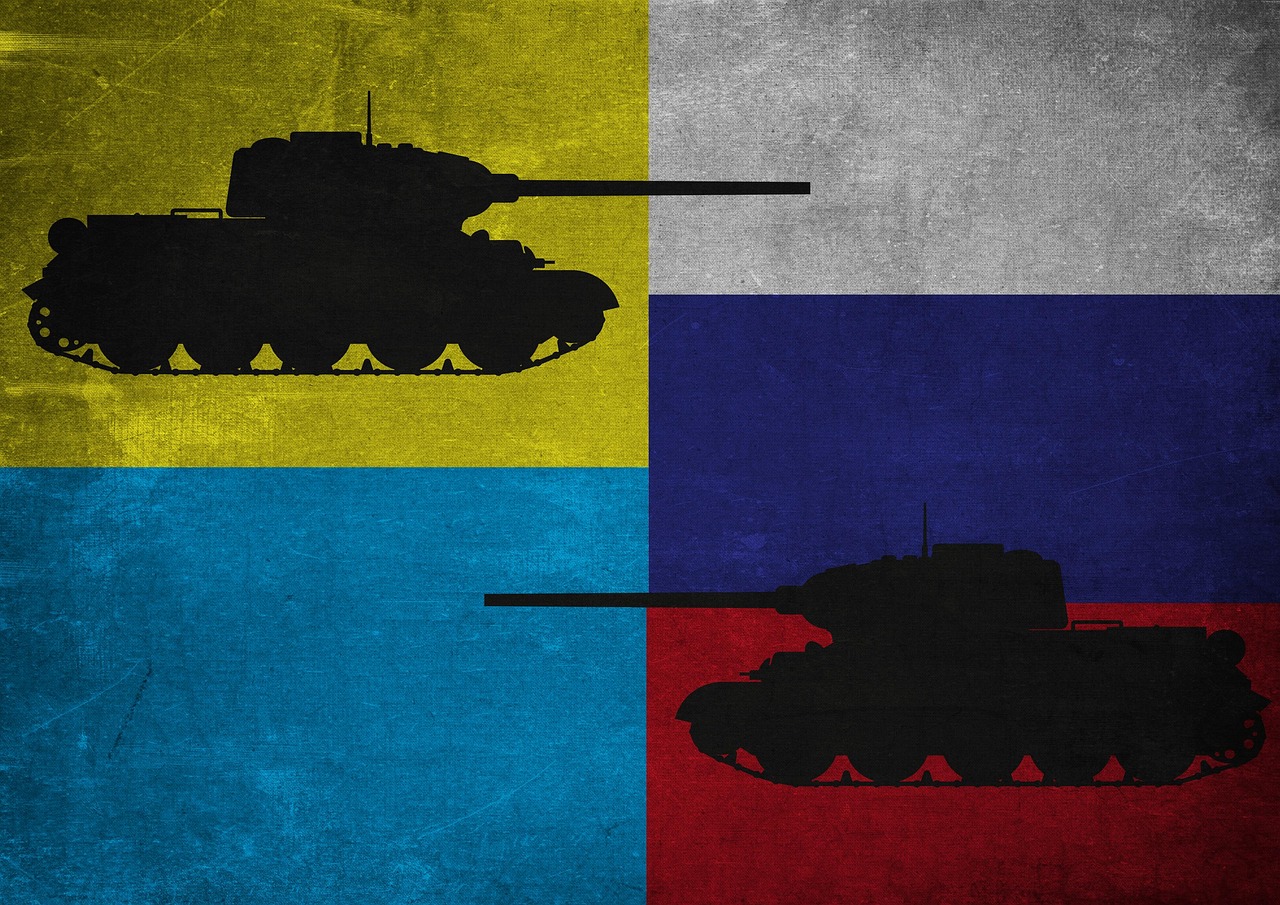Poland and NATO forces intercepted Russian drones violating Polish airspace during a Russian attack on Ukraine on September 10, 2025. Polish jets engaged the drones, with one striking a residential building in Wyryki. This marks the first direct military engagement between NATO-allied forces and Russia since the Ukraine invasion in 2022. Polish Prime Minister Donald Tusk described the incident as a “large-scale provocation.” The possibility of invoking Article 5 of the NATO treaty, triggering collective defense measures, is under consideration. The EU and Ukraine have condemned Russia’s actions, with Ukraine’s president warning of escalating aggression. Russia has intensified attacks on Kyiv and planned military exercises in Belarus.

Poland shot down Russian drones that violated its airspace during Ukraine’s attack on September 9, 2025. The incident involved 19 drones, with four shot down by Poland. The drones were used in a large-scale strike on Ukraine, with some entering Polish airspace. Poland, a NATO member, activated Article 4 of the treaty for consultations with allies. NATO assets were engaged, and the U.S. expressed support for Poland. The EU and NATO condemned the incident, with speculation that it was intentional. No deaths or injuries were reported. Leaders across Europe expressed concerns over Russian aggression, with neighboring countries offering support to Poland. The incident was seen as a test of NATO’s resolve by Russian President Putin.
Russian drones entered Polish airspace, prompting NATO leaders to assess larger threats. Putin’s actions were seen as a challenge to NATO.
Poland reported multiple Russian drones shot down in its airspace during the attack on Ukraine. Prime Minister Donald Tusk confirmed the airspace violation and stated that the drones posing a threat were destroyed by Polish and NATO warplanes. The European Union expressed solidarity with Poland, labeling the incursion intentional. NATO deployed fighter jets from the Netherlands to assist in shooting down the drones, marking the first time NATO aircraft had engaged potential threats in Allied airspace. Polish officials identified Belarus as the launch site for some drones. President Trump and U.S. Ambassador to NATO Matthew Whitaker condemned the Russian incursion. Poland invoked Article 4 of the NATO treaty following the airspace violations, marking the eighth time it has been invoked since NATO’s founding. No casualties were reported, and search operations for downed drones continued.
Russia violated Polish airspace with drones, with up to 19 drones flying over Poland and up to four being shot down. This is the first time Russian drones have been downed over a NATO country. Poland’s Prime Minister Donald Tusk warned of the closest approach to open conflict since World War Two, and UK’s Defence Minister John Healey has asked British armed forces to bolster NATO’s air defense over Poland. Global leaders condemned Russia’s actions, with UK PM Keir Starmer calling it a “barbaric attack on Ukraine” and US President Donald Trump expressing frustration. Ukrainian President Volodymyr Zelensky urged global leaders to take action against Russia’s actions. UN Secretary-General António Guterres expressed concern over the risk of conflict expanding in Ukraine. Polish President Karol Nawrocki spoke with US President Donald Trump regarding the drone incursion.
The intent behind these incursions is clear – to destabilize the region, provoke conflict, and test the resolve of NATO. The means employed involve using drones to violate sovereign airspace, causing alarm and tension among neighboring countries. The opportunity arises from the ongoing conflict in Ukraine, providing a smokescreen for these aggressive actions. As tensions escalate, the risk of a larger conflict looms, with innocent civilians and the global community bearing the brunt of the consequences. The cycle of provocation and response threatens to spiral out of control, leading to catastrophic outcomes. The future trajectory hinges on the collective response of world leaders to quell aggression and uphold international peace and security.

